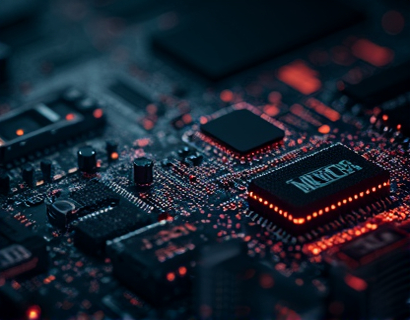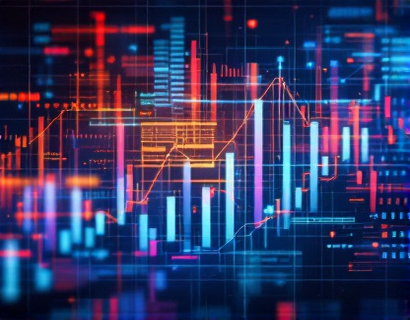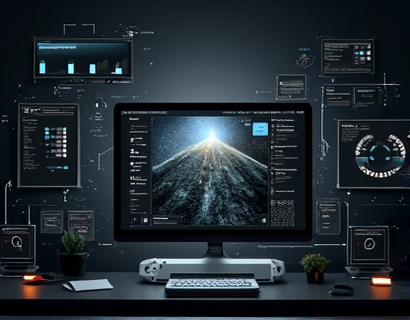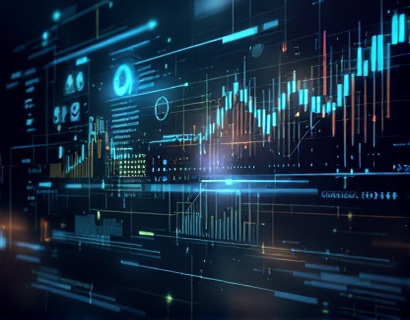Elevating Event Performance: Expert Software Solutions for Performers and Entertainment Professionals
In the dynamic world of entertainment, performers and event professionals face numerous challenges that can impact the success of their events. From managing complex bookings and promotions to engaging audiences effectively, the process can be overwhelming. However, with the advent of advanced software solutions, these challenges can be significantly mitigated. This article delves into the transformative power of expert software solutions designed specifically for performers and entertainment professionals, focusing on how these tools can streamline workflows, enhance audience engagement, and ultimately elevate the overall event experience.
Streamlining Workflows with Advanced Software
The first step in elevating event performance is to streamline workflows. Event management software provides a centralized platform where all aspects of event planning and execution can be managed efficiently. These tools offer a range of features that simplify tasks such as scheduling, communication, and coordination. For instance, automated scheduling tools can help manage bookings by allowing performers to upload their availability and preferences, which are then matched with event dates and venues. This not only saves time but also reduces the likelihood of scheduling conflicts.
Moreover, these platforms often include comprehensive calendar views that provide a clear overview of upcoming events, deadlines, and responsibilities. This visual representation helps event organizers and performers stay organized and on track. Task management features allow for the assignment and tracking of responsibilities, ensuring that every detail is addressed promptly. By automating routine tasks, performers and event professionals can focus more on creative aspects and less on administrative burdens.
Enhancing Audience Engagement
Audience engagement is crucial for the success of any event. Advanced software solutions offer powerful tools to connect with fans and create a more immersive experience. Social media integration is a key feature, allowing event organizers to promote events across multiple platforms seamlessly. By linking social media accounts, organizers can post updates, share behind-the-scenes content, and engage with the audience in real-time. This continuous interaction helps build excitement and anticipation leading up to the event.
Interactive features such as live polls, Q&A sessions, and real-time feedback tools can further enhance audience participation. These tools not only make the event more engaging but also provide valuable insights into audience preferences and reactions. For performers, understanding the audience's response can inform future performances and help tailor content to better resonate with fans. Additionally, these interactions can foster a sense of community and loyalty among attendees, encouraging them to return to future events.
Effective Promotion and Marketing
Promotion and marketing are critical components of event success. Software solutions designed for entertainment professionals offer robust marketing tools that can significantly boost visibility and attendance. One of the most powerful features is the ability to create and manage custom landing pages for each event. These pages can include essential details such as dates, times, locations, and ticket purchasing options, all in a user-friendly format. By directing traffic to these dedicated pages, organizers can ensure that potential attendees have all the information they need at their fingertips.
Email marketing integration is another vital feature. Event management software can be connected to email marketing platforms, allowing for the creation and sending of targeted campaigns. These campaigns can be tailored based on audience segments, ensuring that the right message reaches the right people. Automated email sequences can keep attendees informed about updates, special offers, and reminders, increasing the likelihood of ticket purchases and attendance.
Social media advertising tools within these platforms enable organizers to reach a broader audience with targeted ads. By leveraging data and analytics, organizers can identify and target potential attendees based on demographics, interests, and behaviors. This precision targeting ensures that promotional efforts are both efficient and effective, maximizing the return on investment.
Data-Driven Insights for Continuous Improvement
One of the most significant advantages of using advanced software solutions is the access to data-driven insights. These tools collect and analyze vast amounts of data throughout the event lifecycle, providing valuable insights that can inform future decisions. For example, attendance patterns, ticket sales trends, and audience demographics can be tracked and analyzed to identify successful strategies and areas for improvement.
Post-event analytics are particularly useful for performers and event professionals looking to refine their approach. By reviewing data on engagement levels, audience feedback, and overall event performance, organizers can gain a deeper understanding of what worked and what didn’t. This knowledge can be applied to future events, helping to optimize every aspect of the planning and execution process. Continuous improvement is key in the competitive world of entertainment, and data-driven insights provide the necessary foundation for sustained success.
Connecting with Fans and Building Relationships
Building and maintaining relationships with fans is essential for long-term success in the entertainment industry. Software solutions facilitate this by providing tools to manage fan interactions and loyalty programs. Fan databases can be created and managed within the platform, allowing organizers to store and organize contact information, purchase history, and interaction data. This centralized approach ensures that all fan-related information is easily accessible and up-to-date.
Personalized communication is a powerful way to strengthen fan relationships. Email and messaging tools within the software enable organizers to send personalized messages, exclusive content, and special offers to fans. These personalized touchpoints can enhance the fan experience and foster a sense of connection and loyalty. Additionally, loyalty programs can be implemented to reward repeat attendees, encouraging them to support future events.
Social media management tools also play a crucial role in fan engagement. By maintaining an active presence on various platforms, organizers can interact with fans, respond to comments and messages, and share relevant content. This ongoing engagement helps build a community around the event, increasing the likelihood of word-of-mouth promotion and increased attendance.
Boosting Revenue and Reducing Costs
Elevating event performance through advanced software solutions not only enhances the attendee experience but also contributes to financial success. One of the primary ways these tools boost revenue is by improving ticket sales. Digital ticketing integration allows for seamless online purchases, reducing friction and increasing conversion rates. Features such as dynamic pricing and limited-time promotions can further incentivize ticket buys, maximizing revenue potential.
Cost reduction is another significant benefit. By automating many administrative tasks, organizers can save time and resources that would otherwise be spent on manual processes. For example, automated invoicing and payment processing streamline financial management, reducing the risk of errors and delays. Additionally, cloud-based solutions eliminate the need for expensive hardware and on-site IT support, lowering overall operational costs.
These tools also provide insights into cost-effective strategies. By analyzing data on expenses and revenue, organizers can identify areas where costs can be optimized without compromising the quality of the event. This data-driven approach ensures that resources are allocated efficiently, leading to better financial outcomes.
Unlocking New Career Opportunities
For performers and entertainment professionals, using advanced software solutions can open up new career opportunities. The ability to manage a successful event portfolio is a significant asset in the industry. Event management software can help organizers document and showcase their achievements, creating a professional portfolio that can be easily shared with potential clients and collaborators.
Moreover, these tools often include networking features that connect professionals within the industry. By joining communities and participating in forums, performers and event organizers can expand their professional network, leading to new collaborations and opportunities. The visibility gained through successful events can also attract attention from industry leaders, opening doors to higher-profile projects and roles.
Continuous learning and skill development are essential in the ever-evolving entertainment industry. Many software platforms offer access to training resources, webinars, and best practice guides. By leveraging these resources, professionals can stay updated on the latest trends and techniques, enhancing their expertise and competitiveness in the market.
Conclusion
In conclusion, advanced software solutions are revolutionizing the way performers and entertainment professionals manage their events. By streamlining workflows, enhancing audience engagement, and providing data-driven insights, these tools offer a comprehensive approach to event management. The benefits extend beyond improved performance, contributing to financial success and career growth. As the industry continues to evolve, embracing these innovative tools will be essential for staying competitive and achieving long-term success.











































